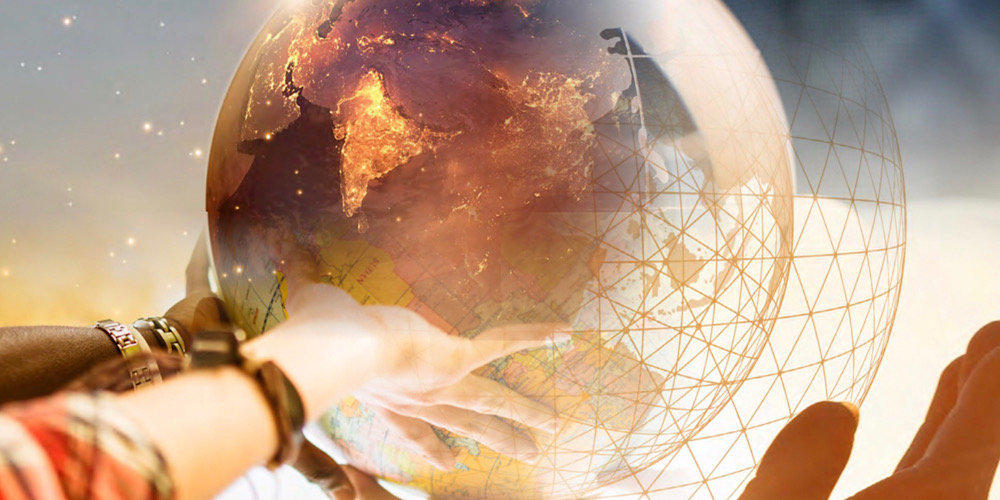
It has been 30 years since the first Human Development Report was published in 1990. Since then, the world has changed considerably. Current and impending crises in ecological, health, political, and economic systems have caused profound challenges. In the light of new technologies, socio-political realities and deep environmental changes, fundamental shifts are taking place in recognizing the human connection to local and global societies in relation to the planet.
Since its introduction, the Human Development Report has been influential in broadening the conceptual scope of development. It’s done this by pointing decision makers to the multi-dimensional nature of development.
In early 2020, at the height of COVID-19 pandemic’s first wave, the ISC invited a wide variety of experts, and its members, to explore rethinking human development. The result is a new publication, Conversations on Rethinking Human Development: A global dialogue on human development in today’s world , complemented with a multimedia website.
One of the key findings in Conversations on Rethinking Human Development is the central premise of the human development paradigm, focused on income, which it states is no longer sufficient to promote and measure human well-being. Instead, that progress should be seen as a process of enlarging people’s choices and wellbeing, as well as enhancing their capabilities to live within sustainable planetary boundaries.
To support the publication, a main webinar event and a series of complementary webinars hosted as part of a Human Development Global Relay started on 10 November to celebrate World Science Day for Peace and Development – an international day that highlights the important role of science in society. The complementary webinars included Sub-Saharan Africa, Asia-Pacific and South America (Brazil, in Portuguese). All of the webinars explored the findings of the ISC-led project, and start a new journey of dialogues around Rethinking Human Development for today’s world.
The main webinar was moderated by Tolu Olubunmi, chemical engineer turned entrepreneur, who works at the intersection of public policy and social impact. She was joined by prominent experts from a variety of fields and global institutions:
“To me rethinking human development is indeed a journey, a journey that starts from the memory of Amartya Sen and Mabhub ul Haq insight that development is about freedom. I want to take that memory along and keep it alive. But this is now a collective journey into a different world, with new risks to our freedom. During this journey we must create opportunities and signposts to ensure this freedom is for everyone, for nature and all living beings, and for future generations.”
Asun Lera St Clair
Any economic and social development has been achieved at the expense of environmental quality and through an aggressive transformation of natural into managed ecosystems, with a focus on increasing gross domestic productivity, industrialization, and infrastructure development. It can be argued that this is a myopic and short-sighted view of the Human-Centered approach, and it has created a disconnect between human and nature.
Prof. Rattan Lal
“To science and the building up of shared knowledge, the challenge of rethinking human development includes pursuing ways to match aspirations and dreams for a more just society, respect to cultural diversity, and a responsible approach to the relationship between human beings and the natural world. We need more multi-, inter- and trans- disciplinary science to pursue these goals.”
The complementary webinars provided a dialogue from around the world on the multiple and changing narratives around Human Development:
You can watch all recordings on the event page.
The global relay webinars will continue into 2021 with several more events. ISC members are invited to hold dialogues in local languages on the issues explored in the project.
For more information on the Conversations on Rethinking Human Development please visit the multimedia website.